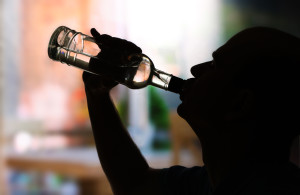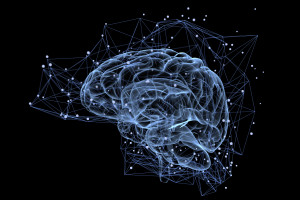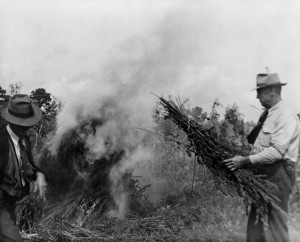The cycle of addiction has many ups and downs. An alcohol or drug relapse occurs after a person experiences recovery then returns to using their substance of choice. Addiction is a chronic disease, prone to periods of relapse. Triggers and other risk factors may increase the risk of using alcohol or drugs. A relapse is
What Constitutes a Relapse











